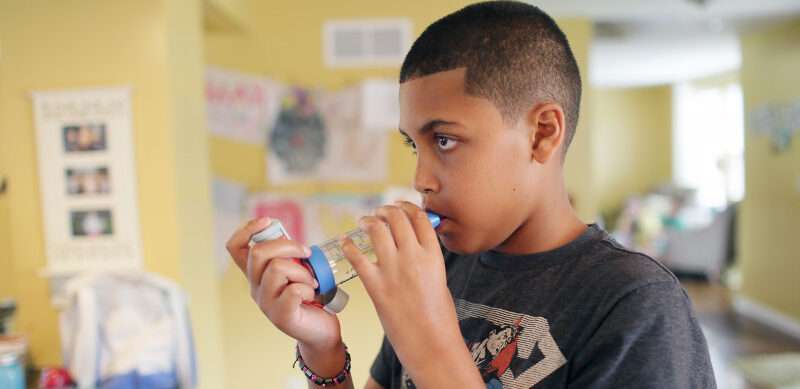Summer calls for us to be outside – spending time away from home and out in the sun. You’ve packed the sunscreen and water, but if your kids take medications, you may need to consider a few more things. The heat can change a medication’s effectiveness and some drugs can magnify the sun’s effects. Here’s more information about how the sun can impact medication and what you can do about it:
4 Things Parents Need to Know About Medications and the Summer Heat
1. HOW TO STORE THEM PROPERLY
Many drugs require storage at a certain temperature. Leaving medications in the summer heat, especially a hot car, can quickly change the recommended safe storage range of medicines. This can affect how some medications work. Some examples of medicines affected by extreme heat include:
- Insulin
- Asthma inhalers
- Thyroid medications
- Epinephrine
If your child’s medicine changes color, taste, smell or melts or crumbles, it may have been compromised by the heat. If this happens take your medication to your pharmacist to discuss your options. We recommend storing medications in an insulated bag when out and about during hot summer days.
2. THE POTENTIAL FOR PHOTOSENSITIVITY
Some drugs can cause kids’ skin to burn more easily when exposed to the sun. Ultraviolet A rays interact with some medicines to cause a reaction termed photosensitivity, which can occur hours or even days after being in the sun. If your child takes medications in the following classes of drugs, check with the Drug and Poison Information Center to see if your specific medication can cause photosensitivity.
- Acne medications
- Antibiotics
- Antihistamines
- Blood pressure medications
- Antipsychotics
- Non-steroidal anti-inflammatory drugs
- Oral contraceptives
- Sulfonylureas
The best way to avoid a photosensitivity reaction is by minimizing sun exposure and wearing sunscreen.
3. THE POSSIBILITY OF DEHYDRATION
Some drug classes can cause dehydration, which can be especially worrisome during the summer months when we tend to sweat and lose more water. Medicines that can cause dehydration include:
- Laxatives
- Blood pressure medications
- Chemotherapy drugs
Drinking plenty of fluids, replacing salt and minerals lost from heavy sweating, applying sunscreen, and wearing light-colored clothing can all help prevent dehydration.
4. HOW TO AVOID MISSED DOSES
Being away from home can result in missed drug doses, which can be a problem for some medicines. We may forget to pack medications or take them at the appropriate time. There are many ways to help us remember to keep track of them, including:
- Travel pill organizers
- Set alarms on your phones
- Download medication reminder apps
At our Drug and Poison Information Center we get calls every summer involving medication safety. If you have any questions please contact us at 1-800-222-1222. We are available 24/7 to answer any questions you may have.





